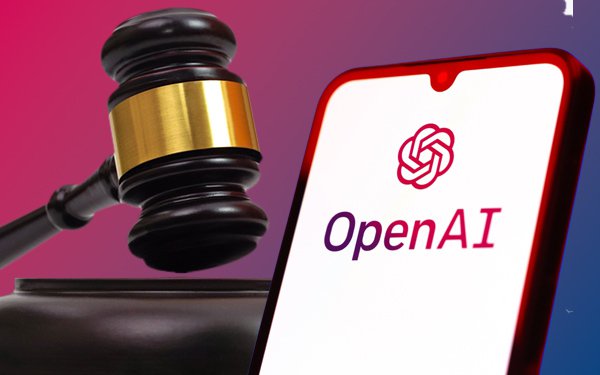
Book authors including Game of Thrones writer
George R.R. Martin and novelist David Baldacci can proceed with claims that artificial intelligence company OpenAI's "outputs" -- including summaries of published books -- infringed copyright, a
federal judge ruled this week.
The ruling came in a legal battle dating to September 2023, when the Authors Guild, Martin and others sued OpenAI in New York for allegedly using books to train chatbots like ChatGPT
that generate content. Other authors and copyright holders brought similar cases, which were consolidated in front of U.S. District Court Judge Sidney Stein in the Southern District of New York.
The ruling this week dealt only with the authors' claims that ChatGPT's outputs infringed copyright.
advertisement
advertisement
Among other allegations, the authors alleged that
ChatGPT can respond to prompts by generating summaries of books and outlines for possible sequels that use the same characters as the original books.
Stein quoted some examples
in his opinion. For instance, he wrote that the complaint contained the following allegation: "When prompted, ChatGPT generated an infringing, unauthorized, and detailed outline for a prequel book to
A Game of Thrones ... and titled the infringing and unauthorized derivative 'A Dawn of Direwolves,' using the same characters from Martin’s existing books in the series A Song of Ice and
Fire."
OpenAI had argued that this allegation (and other similar ones) -- even if proven true -- was too conclusory to show copyright infringement.
"The
complaint does not include a single quoted sentence or phrase from any ChatGPT output," OpenAI argued in papers filed in July. "Instead, plaintiffs’ output allegations consist entirely of vague
and conclusory descriptions of alleged outputs, preventing the court from properly assessing whether those outputs are in fact substantially similar to any protectible expression."
The artificial intelligence company added that summarizing a book doesn't necessarily infringe copyright.
"Not all 'summaries' are infringing," the company
argued. "For example, 'The butler did it' is an accurate summary of the final chapter of The Door by Mary Roberts Rinehart, but not a basis to assert copyright infringement."
Stein rejected that argument for now, writing that a "reasonable jury" could find that ChatGPT's alleged outputs are substantially similar to the original books.
The ruling doesn't address whether OpenAI has a fair use defense to the claims. Instead, Stein suggested that OpenAI could argue that it made fair use of the books at a later stage of
the proceedings.